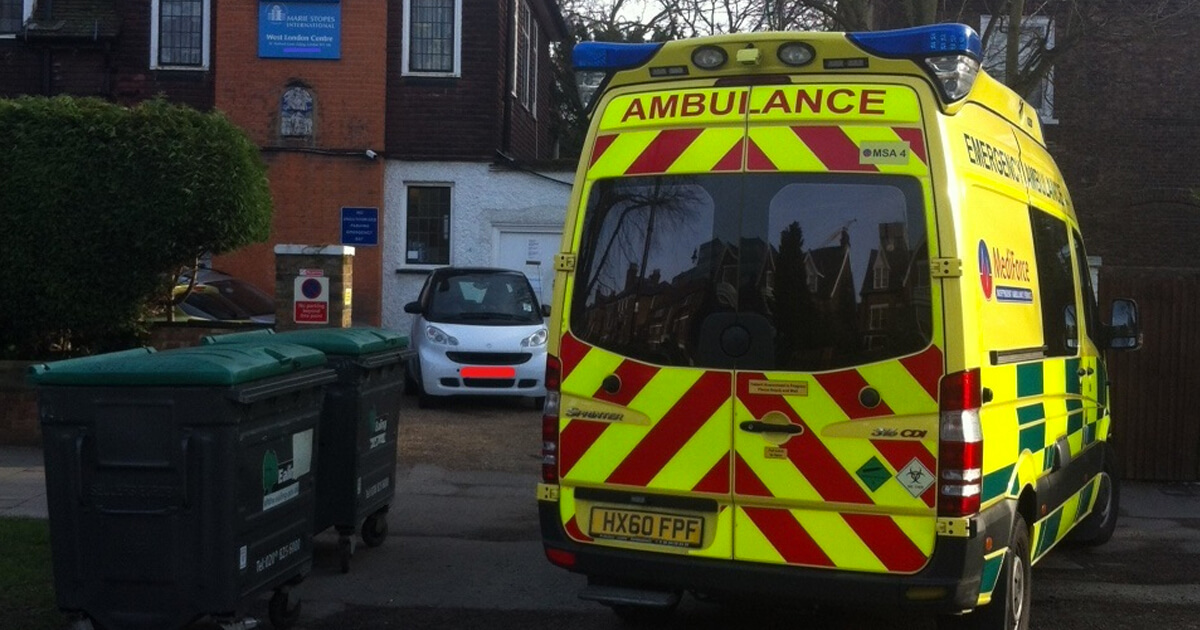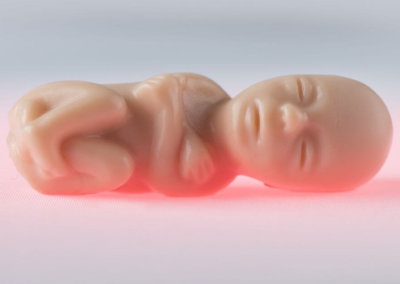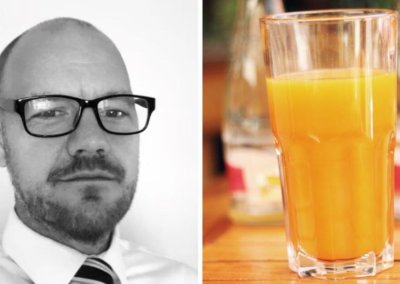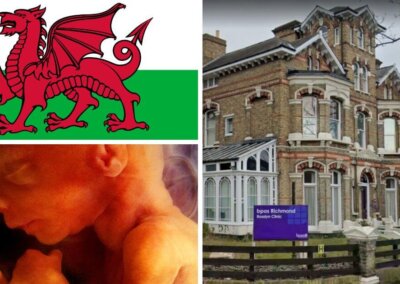Over 60% of England’s abortion clinics are rated inadequate or require improvement when it comes to safety.
In response to a parliamentary question, asked by pro-life MP Fiona Bruce, the Minister for Care has revealed that the Care Quality Commission (CQC) currently rates 121 (59.3%) abortion clinics in England as “requires improvement,” on safety, with nine (3.75%) more rated “inadequate.”
The independent regulator of health and social care in England implemented their mandatory rating system in 2017 in response to a litany of ongoing health at abortion clinics. When the CQC rates abortion clinics, they ask if they are safe, effective, caring, responsive to people’s needs, and well-led.
Philip Dunne, who was Health Minister at the time the CQC introduced its ratings system, said: “These new powers will help the CQC to shine a light on poor practice in services that for too long have had too many examples of substandard care.”
In recent months, the CQC has released alarming reports detailing health and safety abuses at two of the largest abortion clinics in the UK.
Earlier this year, inspectors found an abortion clinic in London which specialises in late-term terminations was putting the lives of women at risk with incompetent staff, who had not completed life support training, and equipment that was not in “good working order”.
The British Pregnancy Advisory Service’s abortion clinic in Streatham performed 4,404 abortions in 2018, including 491 late-term abortions on babies at 20 weeks’ gestation or later – making it the second-largest number of late-term abortions in the UK in 2018.
In their report, the CQC notes that two serious incidents and 76 clinical incidents occurred at the clinic between April 2018 and April 2019.
However, this is likely only the tip of the iceberg as inspectors discovered that “staff did not always report incidents as they felt there was a blame culture”.
One staff member even disclosed to an inspector, “if you raise concerns then you have to face the consequences. I have learnt to keep quiet”.
Alarmingly, only nine of the clinic’s twenty-four members of staff had received training to spot and treat sepsis, which is the leading cause of maternal death in the UK.
In November, the CQC handed BPAS Merseyside the worst rating of any private abortion provider since the new rating system was introduced.
The health regulator was contacted by the local NHS trust who “raised concerns regarding the frequency of patients coming to them from BPAS Merseyside”.
Inspectors found six cases of women who “required urgent medical attention due to complications and were transferred from the service to another healthcare provider between January and December 2018.”
They also found that BPAS Merseyside “staff did not consistently adhere to the infection prevention and control measures specified by the service” including not washing hands, not securing clinical waste, and using out of date equipment.
This is not the first time that the Care Quality Commission has raised concerns about the care given to women at BPAS Merseyside, which performed 4,585 terminations in 2018 – placing it among the top 10 abortion providers in the country.
In 2017, the CQC found 16 serious incidents had occurred in which patients were admitted to hospital for emergency treatment over a period of three years. Over the same period, 11 women were transferred for emergency hospital treatment after suffering serious injuries, including eight cases in a 15 month period from January 2015 – March 2016.
A surgeon contracted by the clinic has been struck off the medical register for endangered at least three women’s lives during abortions carried out in May and June 2017.
In 2016, Marie Stopes International was forced to suspend abortion services for a month after an unannounced inspection by the CQC “found dead foetuses lying in an open bin and staff trying to give a vulnerable, visibly distressed woman an abortion without her consent”.
A spokesperson for Right To Life UK, Catherine Robinson said:
“Philip Dunne was correct when he said the Care Quality Commissions new rating and reporting system would shine a light on ‘poor practice in services that for too long have had too many examples of substandard care’.
“The figures released recently, and the continuous shambolic example of abortion services in Merseyside, display perfectly the callous disregard for health and safety from the abortion industry. Abortion providers, which receive tens of millions of pounds of taxpayer money annually, have been found to be placing the health and safety of their patients at risk.
“The Care Quality Commission notes the safety in a majority of abortion clinics requires improvement but the only real improvement that can be made to abortion clinics, for the lives of both women and unborn babies, would be for them to be closed.”












